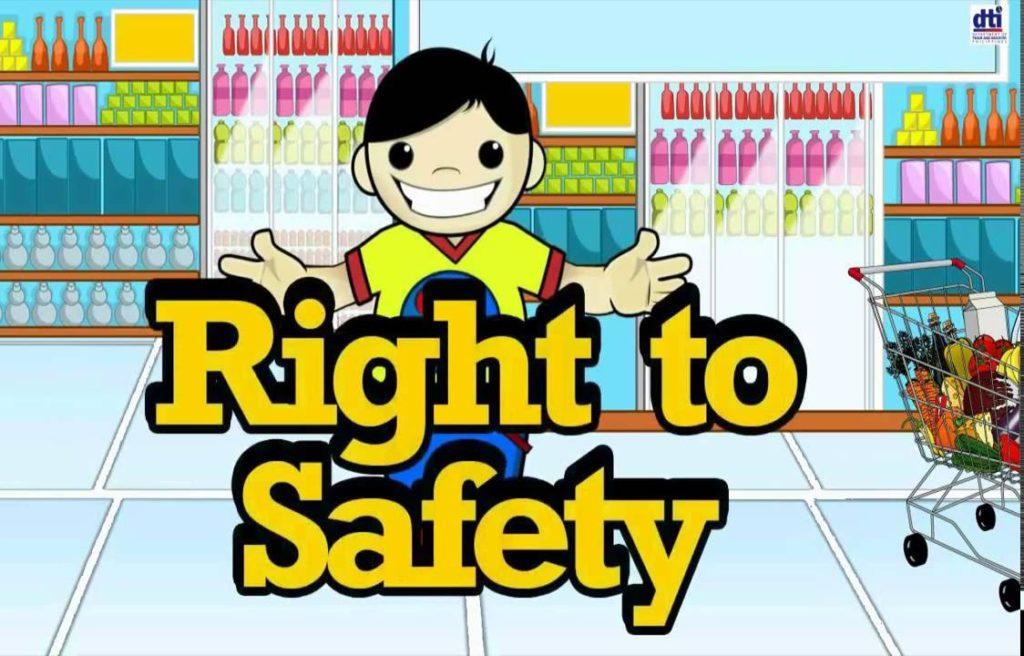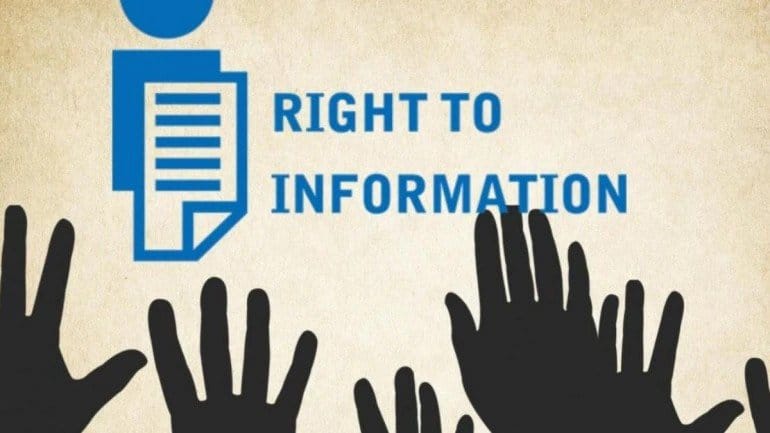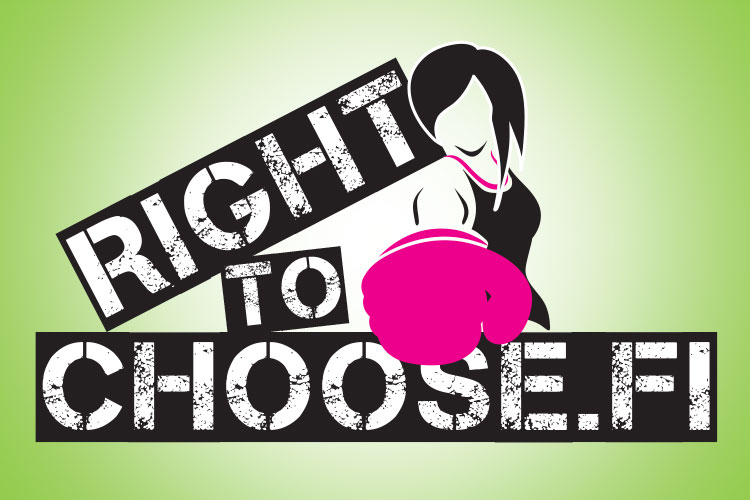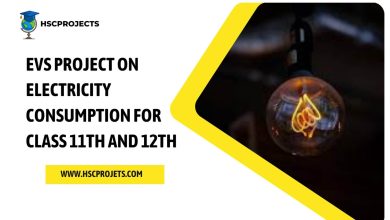
A Training Institute Empowering Consumers About Their Rights
INTRODUCTION:
Consumer rights are typical regarding a body of law that pertains to things the producers of products should do to guard customers against damage. These laws have inherited existence through a series of legal disputes, and are formed by the results of these cases. During a few instances, some states have truly written laws that they talk to as “consumer rights” laws. However, this can be not nevertheless the bulk apply, and even these codifications might not cowl all of the principles that are typically thought of “consumer rights.”. Here we will share Information About a Training Institute Giving Training To Consumers About Their Rights.
Since the project is about the collection of information about a training institute which is giving training to consumers about their rights, we thought of visiting and studying an NGO called the consumer guidance society of India.
AIMS AND OBJECTIVES:
This project aims to collect information about a training institute, giving training to consumers about their rights.
There are many objectives for this project. Major few objectives are given below.
Objectives:
- To understand what are the consumer rights
- To know the law for consumer protection
- To understand the training institutes mission and vision
- To know the method used in training consumers about their rights
- To ascertain any doubts regarding consumer rights and consumer protection act
- To understand the necessity of consumer right training
METHOD AND METHODOLOGY:
The method used to gather the required information on the project is an internet survey method. The Internet has extensive information on this subject. It has a vast collection of data on consumer rights and consumer protection. The survey has unveiled information about this topic, which has covered major few points which are listed below and explained in a detailed report of the project.
- Meaning of consumer rights
- Consumer rights in India
- Consumer guidance Society of India (CGSI)
- Work of CGSI
DETAIL REPORT OF PROJECT:
Meaning of consumer rights
The definition of consumer rights is ‘the right to own data regarding the standard, potency, quantity, purity, worth, and normal of products or services’ because it is also the case. However, the buyer is to be protected against any unfair practices of the trade. It’s essential for the customers to grasp these rights.
However, there are robust and clear laws in India to defend shopper rights; the particular plight of customers of India is declared as fully dismal. Out of the assorted laws that are implemented to shield the patron rights in India, the foremost vital is that the Consumer Protection Act, 1986. In step with this law, everybody, together with people, a firm, an undivided Hindu family, and a corporation, has the proper to exercise their consumer rights for the acquisition of products and services created by them. It’s vital that, as a shopper, one is aware of the fundamental rights additionally as regarding the courts and procedures that follow with the infringement of one’s rights.
Consumer rights in India
Right to Safety

According to the Consumer Protection Act 1986, the buyer right is said as ‘right to be protected against promoting of products and services that are unsafe to life and property.’ it’s applicable to specific areas like tending, prescription drugs, and food process, this right is unfolding across the domain having a heavy impact on the health of the shoppers or their wellbeing viz. vehicles, Housing, Domestic Appliances, Travel, etc. This right wants every product which may doubtless be a danger to our lives to be marketed when adequate and complete verification still as validation. India is fifty years away, for empowering this right adequately and utterly.
Right to Information

The right to information is outlined as ‘the right to learn regarding the standard, quantity, potency, purity, commonplace, and value of products or services, because the case could also be therefore as to protect the buyer against unfair trade practices’ within the consumer Protection Act of 1986. Within the market place of India, shoppers get info in two ways in which specifically advertising and word of mouth, but these sources are thought of to be unreliable; however, still, this word of mouth is sort of common here. Because of this, the Indian shoppers hardly have precise and complete data for assessing verify price, safety, suitableness, dependableness of any product. Sometimes the hidden prices will be found, lack of suitableness, quality issues, and safety hazards solely when the acquisition of the merchandise. The correct to data provides the ability to the consumer to own simple access to data that is critical for the consumer.
Right to Choose

The right to choose means that the right to be assured, where attainable, of access to a range of products at competitive costs. In alternative words, the buyer contains a right to pick out and buy the merchandise of his selection out of a variety of merchandise on the market in terms of quality and worth of products. A tradesman cannot force or impress upon a buyer to shop for a specific complete or variety of products. Similarly, the buyer shouldn’t be forced to shop for through any sale gimmicks.
Right to be Heard

As expressed within the consumer Protection Act 1986, ‘the right to be heard and to be assured that consumer’s interests will receive due consideration at appropriate forums’ is the definition of the right to be heard. This right helps to empower the customers of India for expressing their complaints and considerations dauntlessly and raising their voice against product or perhaps firms and make sure that their problems area unit is taken into thought yet as handled with efficiency. Just in case a shopper makes associate allegation concerning the merchandise, the burden goes to the dealer, or supply company or manufacturer to negate that allegation isn’t true. To be precise, the buyer is detected, and a load of proof goes to the corporate. numerous attempts are created by the govt for empowering the citizens with this right
Right to Redressal

The right to seek redressal against unfair trade practices or restrictive trade practices or unscrupulous exploitation of customers is mentioned as the right to redressal in line with the Consumer Protection Act 1986.
Redress means that to ‘put things right.’ Once customers have an issue with merchandise or services they have purchased, they need a right to seek redressal. The buyer has the right to the truthful settlement of real grievances. If the performance or quality of a decent or service is brief of expectations, the buyer will launch a criticism. the buyer will complain against any unfair trade; apply or unscrupulous exploitation of customers
Right to Consumer Education

The right of each Indian national to possess education on matters relating to consumer protection in addition to concerning her/his right is considered the last right provided by the consumer Protection Act 1986. The right makes certain that the customers within the country have informational programs and materials that are simply accessible and would alter them to form getting choices that are higher than before. Consumer education may talk to formal education through faculty and college curriculums similarly as consumer awareness campaigns being pass by non-governmental and governmental agencies each.
Consumer guidance Society of India (CGSI)
Post-independence, India has been endeavoring to develop and strengthen its industrial base. During this pursuit of “self-sufficiency,” shoppers have had to endure the employment of sub-standard products and services, impure foods, short weights and measures, spurious and unsafe medication, immoderate costs, endemic shortages resulting in black selling and profiteering, unsuccessful manufacturer guarantees and several alternative issues.
In the 1960s, exploitation of shoppers by makers and repair suppliers was rampant in India, with several non-competitive business homes dominant the trade. In one notorious case, forty persons suffered edema and eye disease when overwhelming oil impure with virulent white thistle oil. The victims didn’t get any justice and, therefore, the culprits at large while not social control.
This outrage energized nine girls to prepare a movement to fight and defend consumer rights by establishing the primary client organization in India, the “Consumer guidance Society of India,” (CGSI) in 1966 to resist the silent suffering of customers and their exploitation all told forms.
CGSI’s necessary activities include
- Consumer Education
- Holding talks and exhibitions to unfold consumer rights awareness among urban poor and rural areas
- Consumer Complaints Redressal
- Testing of customer merchandise
- Publication of “KEEMAT,” a bi-monthly news magazine currently printed for over twenty years, having articles of general shopper awareness for CGSI members and the general public.
Must Check – Study Of Consumer Behavior Towards Apparel In Un-Categorized Segment
Work of CGSI
CGSI’s Education Committee members had been operating with alternative likeminded educationists to introduce formal client Education within the faculty course of study. When two years of conferences and discussions, CGSI efforts bore fruit. In 1994, the geographic region Education Board introduced consumer Education at the (9th) Ninth customary Level, more and more covering students from the (4th) Forth customary upwards. The topic instructed is the buyer Moment, Rights & Responsibilities of shoppers, the buyer within the Market Place, Food Adulteration, Weights and Measures, atmosphere protection, etc. These topics enclosed beneath the prevailing subjects like social science, political economy and residential science, are project-based, and additional sensible in nature than theoretical or examination familiarised.
CGSI started a rural project within the villages of Thane and Raigad districts (Maharashtra) in 1997, with an employee of six and funding from Action Aid. By 1999, CGSI had given shopper coaching to customers in 112 villages. Over 32,300 individuals have received shopper education through 750 talks and demonstrations within the two years of the project, 107 coaching programs were organized and special coaching in shopper policy given to five,767 potential activists. Several native shopper teams are coming upon in several areas by the customers themselves that are currently actively organizing exhibitions, holding talks, and redressing complaints. Within the years 2005–06 and 2006–07, CGSI conducted shopper clubs in twenty-five colleges every in Thane & Raigad District with the assistance of geographical area government. They have cgsi trained a complete of 2500 students and academics within the subject of shopper awareness.
CGSI’s main thrust is in rural areas wherever shopper rights awareness is extremely low. Today, CGSI programs reach bent on quite twenty,000 customers in an exceedingly year. Currently, with the assistance of additional and additional specialists from varied fields, CGSI imparts data concerning prudent investment, telecommunication Services, food adulteration detection, medical negligence, mediation, legal redressal of complaints, etc.CGSI handles shopper complaints and offers legal steering to those desire to file suits within the shopper Courts. In cases wherever there is a wider variety of complaints against a selected party, either side is brought along to resolve the problem. The CGSI’S Complaints Committee meets doubly every week. CGSI has redressed several thousands of shopper grievances over the years, with 70-80% success in favor of the customers. Complaints cowl medical/surgical malpractice and negligence; insurance non-payment; sub-standard medication and medicines; home remedies; defective menage appliances; poor quality foods and drinks; deceptive advertising claims; and grievances regarding investments, assets, insurance, telephones, electricity offer, etc. CGSI handled over four hundred complaints throughout the year through personal message sessions, properly guiding complainants, typically even clearly expressed that they are doing not have a case to fight for while not legally leading them on.
As early as 1977, CGSI established formal product testing to gauge quality by drawing samples directly from the market while not involving the makers within the testing method. Take a look at results were a revelation for internal control regulative authorities. It 1st assessed the security and performance of domestic pressure stoves and located that two-third of the samples tested failing in safety Parameters. CGSI sent the results to the govt. And Indian Standards establishment (ISI) currently the Bureau of Indian Standards (BIS), with a requirement for necessary certification. In 1986, with the passing of the Pressure Stoves internal control Order, ISI Certification for pressure stoves became necessary. Many alternative goods were tested and reports revealed within the Society’s monthly Journal, “KEEMAT”: edible oils, pulverized spices, ‘Surma’ (kohl), geysers, clinical thermometers, plastic water bottles, rubber teats, milk, drinking water, bread, soft drinks, bath soaps, cloth detergents, and toothpaste.
Must Check – Consumer Buying Behaviour For Ball Pens
ANALYSIS OF DATA:
Consumers ought to be able to get correct, unbiased info regarding the merchandise and services they purchase. This permits them to create the most effective selections supported their interests and prevents them from being beaten or misled by businesses. Client protection policies, laws, and laws facilitate increase client welfare by guaranteeing that companies often control responsibly.
Consumer protection contributes to changing and compelling markets for businesses to grow. Client demand drives innovation and economic development as businesses are needed to take care of honest costs and smart quality of their merchandise and services. Businesses that are famed to treat shoppers fairly can gain a decent name and become a lot of asked for. This will increase their profit and aggressiveness, which can conjointly cause economic processes within the long-term. Client protection policies, laws, and laws guarantee that companies are unbroken in restraint.
CONCLUSION:
To conclude my findings,
We can safely conclude that the New consumer Protection Act 2019 not solely strengthens the Consumer’s right; however, additionally, it’s providing several special provisions that may save the buyer from harassment. The new client Act additionally provides various provisions that weren’t on the market within the previous consumer protection Act together with Product liability, enhancing of monetary system jurisdiction, social control for false illustration / dishonorable promotion, Provision for E-Commerce and Provisions relating to the unfair contract, etc. Albeit, it’s imperative duty of the buyer to safeguard and exercise their rights.
DISCUSSION:
The discussion has revealed:
An accountable consumer ought to perceive his role in shopper protection to act completely in time. An accountable consumer ought to suppose critically, act completely, remember of his activities, act with environmental concern and shoulder the responsibility of organizing fellow customers for the welfare of wellbeing of the humanity
SUGGESTION:
There are a few opinions and suggestions by family and friends whom I discussed my project findings with, and they are given below:
There should be seminars on consumer rights in schools and colleges
There should be activities that teach us the consumer rights
This consumer rights information should be made available in all the rural areas of the country
There should be awareness spread throughout the nation about consumer rights
ACKNOWLEDGMENT:
My profound gratitude to all the faculty members of the Department, for their timely assistance and encouragement throughout my research work.
I duly acknowledge the encouragement and support from the research scholars in the department, and all my colleagues and friends.
It gives me immense pleasure to take the opportunity to all the people who are directly or indirectly involved in the completion of my project based on information about a training institute, giving training to consumers about their rights.
With deep reverence, I offer my deepest gratitude _____, without whom this project could not have been fulfilled.
Lastly, I thank Almighty, my parents, family members, friends, and teachers for their constant encouragement and support, without which this project would not be possible.
Name of School/College
BIBLIOGRAPHY / REFERENCE:
- https://en.wikipedia.org/wiki/Consumer_Guidance_Society_of_India
- http://cgsiindia.org/
- http://www.jagograhakjago.com/consumer-rights/
- http://www.igprgvs.rajasthan.gov.in/CE.aspx
In order to download the PDF, You must follow on Youtube. Once done, Click on Submit
Follow On YoutubeSubscribed? Click on Confirm
Download A Training Institute Empowering Consumers About Their Rights PDF






